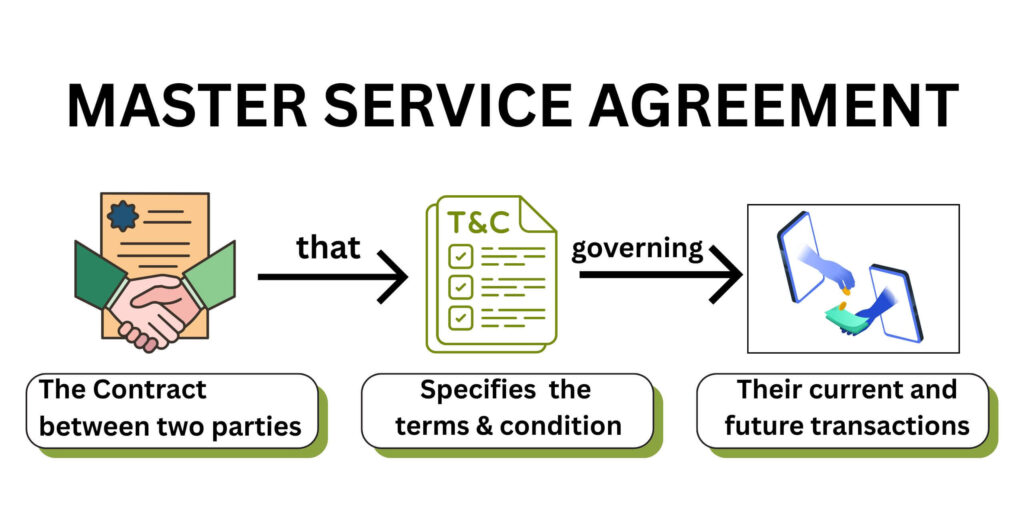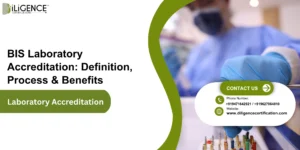



End-to-end certification and regulatory compliance for Indian and global markets.
 BIS Certification
BIS Certification
 CDSCO
CDSCO
 CPCB
CPCB
 LMPC
LMPC
 WPC Approval
WPC Approval
 Global Approvals
Global Approvals
 TEC
TEC
 ARAI
ARAI
 BEE
BEE
 ISO Certification
ISO Certification
 Drone Registration
Drone Registration
 NOC For Steel
NOC For Steel












































Apart from product certification, BIS is responsible for framing Indian Standards, conducting laboratory testing, and ensuring consumer protection.
Some items must be certified before they get released mysteriously made for select goods like cables, switches, cement, gas cylinders, etc.
It ensures electronic products conform to Indian Standards (IS).Covers 70+ products including laptops, phones, adapters, TVs, and batteries.
Hallmarking Certification is mandatory in India for gold and silver jewellery.The BIS 916 Hallmark confirms 22K gold purity.Silver Hallmarking is compulsory for certain grades like BIS 925.
FMCS Mark Certification is a BIS-led approval process that enables foreign manufacturers to sell regulated products in the Indian market.
It helps manufacturers build trust and create a compliance framework. It also markets to eco-conscious consumers.This guide will detail eligibility, provide information on the application procedure, and outline benefits of certification to ISO 14024.
It is governed by NABL under the Quality Council of India (QCI).Accreditation enhances trust among regulators, industries, and global partners.
The World Manufacturer Identity (WMI) is a globally recognized code used to identify vehicle manufacturers. WMI registration ensures traceability, compliance, and global brand recognition for automotive makers.
Diligence Certifications is a top-tier name in drug licensing and provides topmost service and knowledge support to all sizes of pharmaceutical companies. Our seasoned team understands the global regulations and has seen several success stories.
End-to-end certification and regulatory compliance for Indian and global markets.
 Business Registration
Business Registration


















End-to-end certification and regulatory compliance for Indian and global markets.
 Legal Services
Legal Services






































Master Service Agreements Made Easy – Secure, Scalable, & Strategic.
When you’re looking for a Master service agreement to streamline multiple projects, get clarity right at the top: an MSA gives you one solid legal structure with modular Statements of Work as add-ons. Clients like Infosys or TCS use MSAs to manage dozens of software projects efficiently. You’re learning exactly what it is, why it matters, and how to structure your format and SOW—straightaway, no fluff.
A Master Service Agreement (MSA) is a primary document that provides an outline of general terms and conditions between two or more parties that contemplate entering into a long-term or multiple relationship together. Under an MSA, the agreement is less formal because all anticipated projects are governed under the MSA. Instead of negotiating all the terms in a contract each time you draft a contract, you simply add a Statement of Work (SOW) to the existing MSA, because you established the terms in your MSA and are now operating under your MSA and only require a new SOW.
There are clear savings realized through an MSA, such as time, cost, and efficiency. This will not only help you because you established the terms and conditions upfront, but also be consistent and less ambiguous.
Whether you’re in IT services, consulting, manufacturing, marketing, or legal, an MSA agreement brings transparency and risk mitigation should a contracting dispute arise.

An MSA provides a framework contract between a client and service provider, establishing general terms and conditions that will apply to all future work between the parties. Once you have negotiated the MSA, the only thing you need to negotiate as detailed work will be called a Statement of Work (SOW) that establishes the specific details of the work to be undertaken – such as scope, deliverables, timelines, and costs.
The Master Service Agreement (MSA) is a legitimate contract executed by the parties that outlines the standard terms and conditions laying out the relationship between two or more parties that have a mutual agreement to work with each other on one or more projects. The MSA is the vehicle that sets out the parameters for subsequent mutually accepted engagement agreements. The end result means that the MSA provides a common, flexible way to engage in a longer-term business agreement in a variety of sectors, including IT, consulting, manufacturing, and freelance services.
Why Businesses Adopt an MSA
Standardizing these clauses conserves valuable negotiation time for contracts that invariably will have to be put together for further projects.
Risk management clauses in an MSA include compensation provisions, limitation of liability provisions, and unavoidable casualty. Said clauses protect the parties from unforeseen circumstances.
The MSA contains competencies compliance provisions to bind all parties to comply with the law and the relevant industry regulations.
The amendment of the Master Service Agreement shall require a mutual agreement. There is a provision to ensure that control and flexibility are maintained.
An MSA clearly outlines the parties’ relationship. It also sets the foundation for longer-term relationships, which build goodwill and trust and contribute to a smooth working environment.
A Master Service Agreement limits the exposure to legal risks and liabilities by setting very clear rules regarding the allocation of risk, such as security and limitation of liabilities. The MSA acts as a template to which future contracts can be appended. Thereafter, the parties can start proceeding with projects from time to time with no need to renegotiate the key elements of the contract.
When drafting a Master Service Agreement, remember the following points considered here to be crucial:
These aspects assure the good formation of a solid and binding MSA agreement.
For establishing long-term consulting relationships consisting of multiple projects.
A Master Services Agreement in IT establishes the framework within which businesses cooperate for software development, cloud services, or technical support.
MSAs in manufacturing serve to govern the delivery of products, compliance to standards of quality, and compliance with statutory requirements.
A Master Service Agreement sets the terms of scope, timeline, and payment structure for various freelance engagements.
Marketing agencies use MSAs to establish the terms of their long-term creative partnerships for procurement, advertising, content creation, and branding projects.
A Master Service Agreement (MSA) is like other business agreements, but unique because it provides flexibility, reuse, and legally defensible, long-term contractual arrangement. The following table provides a side-by-side comparison of the MSA contract construction against related agreements such as Statements of Work (SOWs), Service Level Agreements (SLAs), and project specific agreements on a project by project basis.
MSA vs. Statement of Work (SOW)
MSA vs Service Level Agreement (SLA)
MSA vs Project-Based Agreement
14. Amendments and Modifications
Diligence Certifications of India brings years of experience in Republic contract law, enabling us to help businesses develop dependable and legally binding Master Service Agreements.
We draft MSA agreements tailored precisely for you, based on your industry, be it IT, consulting, or supply chain management.
We implement clear language and legal construction so that the parties may not have cause to dispute the contract, and for the prompt execution of the contract.
We recognize threats in your MSA and mitigate them to ensure your greatest safety under the law.
From drafting to execution, our team provides timely support for your business law.
We assist you in amending, renewing, or enforcing your MSA according to your business evolution.






















A Master Service Agreement (MSA) is a legal agreement that contains general terms agreed upon by both parties, primarily to future work. An MSA helps to avoid future negotiations since it puts most of the standard terms into one enforceable MSA contract.
An MSA agreement refers to the overarching legal terms, while a Statement of Work (SOW) is developed for the scope, timeline, and price for that piece of work. The SOW acts on top of the MSA agreement.
Yes, many MSAs also include Service Level Agreements (SLA's) that specify acceptable levels of quality, delivery, and performance for ongoing service.
A Master Service Agreement is legally binding when both parties have signed. Like any ordinary commercial agreement, MSA agreements are legally enforceable in the courts.
A Master Service Agreement works well when you expect long term or repeat business. It is particularly well suited for businesses that will have to enter into multiple Statements of Work (SOWs) over time.
The MSA format is typically written by one party, but professional legal services such as Diligence Certification allow you to be sure it is comprehensive, balanced, and risk-free.
Yes, most MSAs allow for changes as long as both parties put it in writing. The MSA loan lets you modify the existing contract to comply with shifting business circumstances.
Master Service Agreements are used often in the Information Technology, Consulting, Legal, Marketing, and Manufacturing industries, where long service engagements are the working norm.
Diligence Certification provides expert drafting, legal compliance, and custom MSA contracts and related provisions that are customized to suit your industry and business requirements.
Yes, an MSA contains conditions typical of similar contracts for the resolution of disputes, which may include arbitration, mediation, or legal action in a specific legal jurisdiction.

